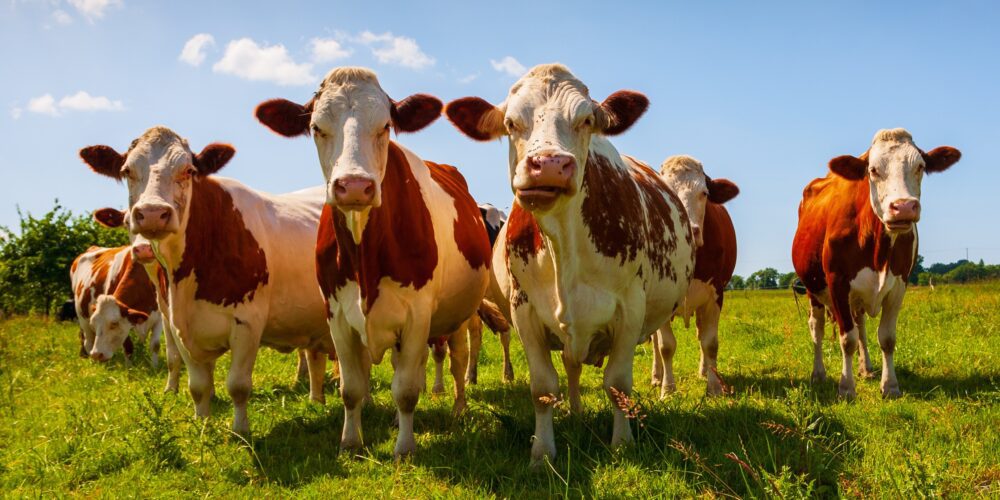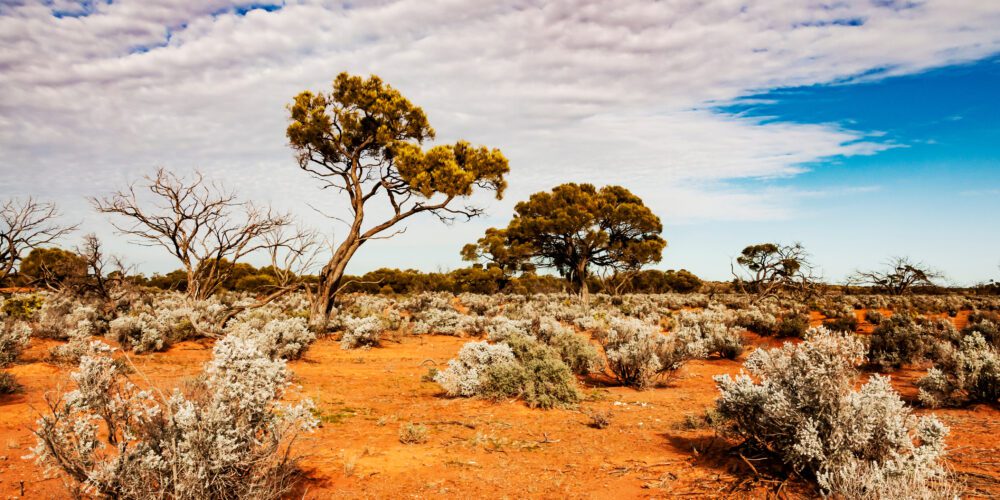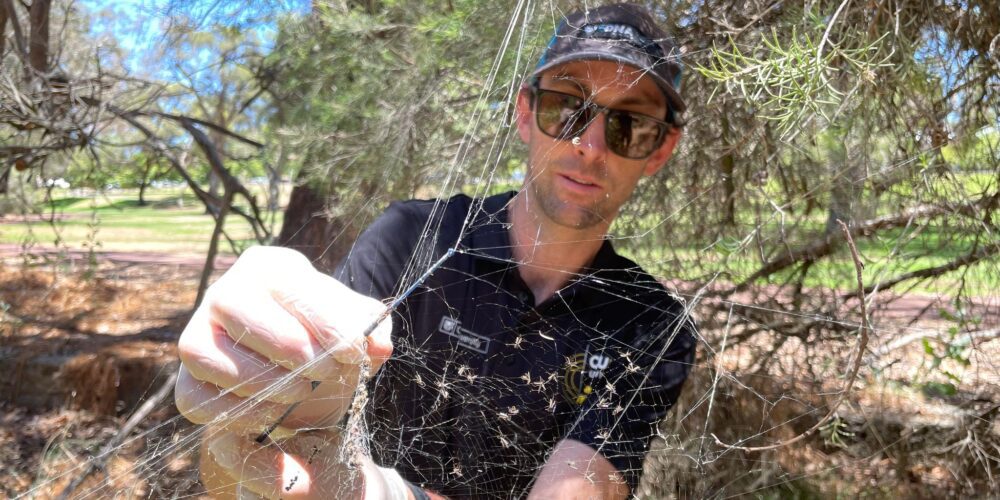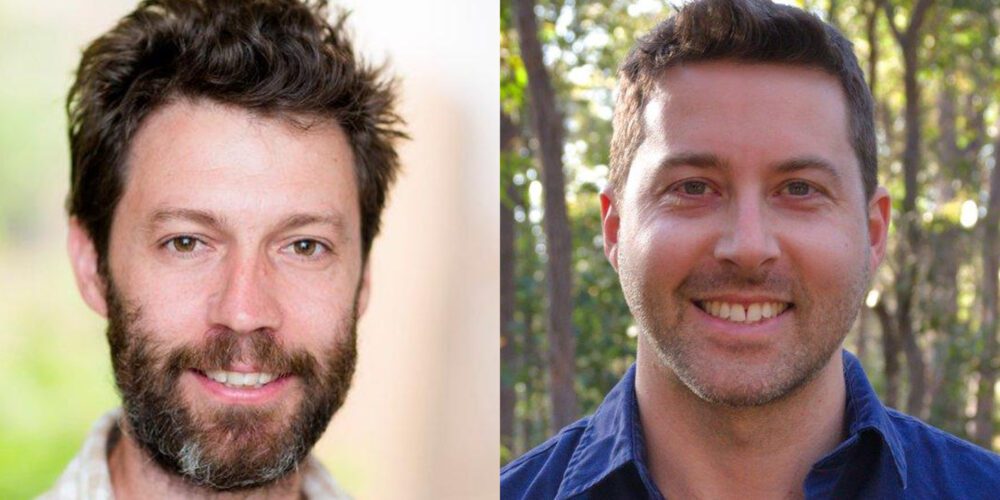Curtin research to revolutionise land restoration
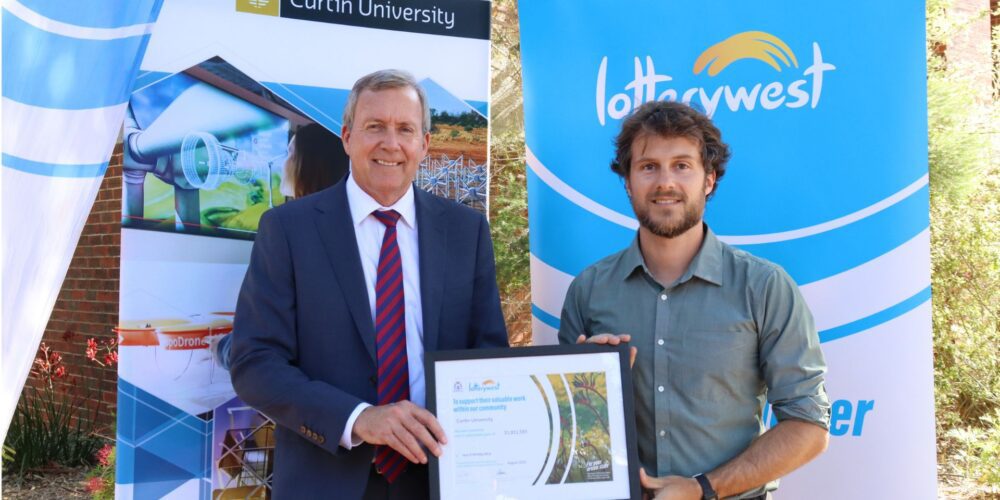
Curtin University’s groundbreaking initiative to redefine land restoration efforts in Western Australia through innovating the way we use native seeds, has been boosted by a $1.8 million grant from Lotterywest.
The Curtin-based Native Seed Technology and Innovation Hub will focus on developing the most cost-effective technological solution for seed-based restoration, and ultimately ensure that native seeds are supplied in the quantity, quality, and diversity, required for restoring biodiversity in more than one million hectares of degraded land across WA.
Project Lead and research fellow Dr Simone Pedrini from Curtin’s Centre for Healing Country in the School of Molecular and Life Sciences says current land restoration efforts are often unsuccessful because there is not much consideration for native seeds quality, and current practices often result in a majority of seeds being wasted.
“Seeds are living organisms, and if they are not collected, processed, and stored correctly, they die, and people using those seeds are often not aware if the seeds are still alive,” Dr Pedrini said.
“Being able to rapidly quantify and communicate the quality of every seed batch, is fundamental to ensure transparency in the industry and equip practitioners with the right information to successfully deliver complex seed-based restoration projects.”
Curtin’s technological solutions in seed testing and processing to boost quality, seed treatment to maximise germination, and seed coating to improve seed handling can make the restoration of degraded ecosystems more efficient and cost effective.
With the support of Lotterywest, Curtin will upgrade existing native seed technology capabilities by developing automated X-ray seed quality detection, acquiring new seed testing, processing and coating equipment, and developing an industry-wide online platform to ensure transparency in seed supply.
As part of the project, Curtin researchers will explore the limits of storage longevity, seed coating technologies and seed delivery methods.
“A type of seed coating, known as pelleting, offers a solution for very small, hard to sow seeds such as Eucalyptus. Pelleting transforms these very small seeds into a more manageable size which improves the efficiency of seedling production in nursery, and facilitates direct seeding via conventional agricultural equipment, such as canola seeders,” Dr Pedrini said.
“Our Native Seed Hub will rigorously test these innovations in laboratory, nursery and field conditions and then share the results with the global restoration community.
“Through hands-on education and skills training, the project will also create a vibrant community of practice, particularly by developing a series of training for the Indigenous groups that are developing native seed capability and are poised to become the leaders in the emerging restoration economy.” The Native Seed Technology and Innovation Hub aims to translate its findings into real-world practices adoptable by the resources sector and government agencies, beginning as early as 2025.
